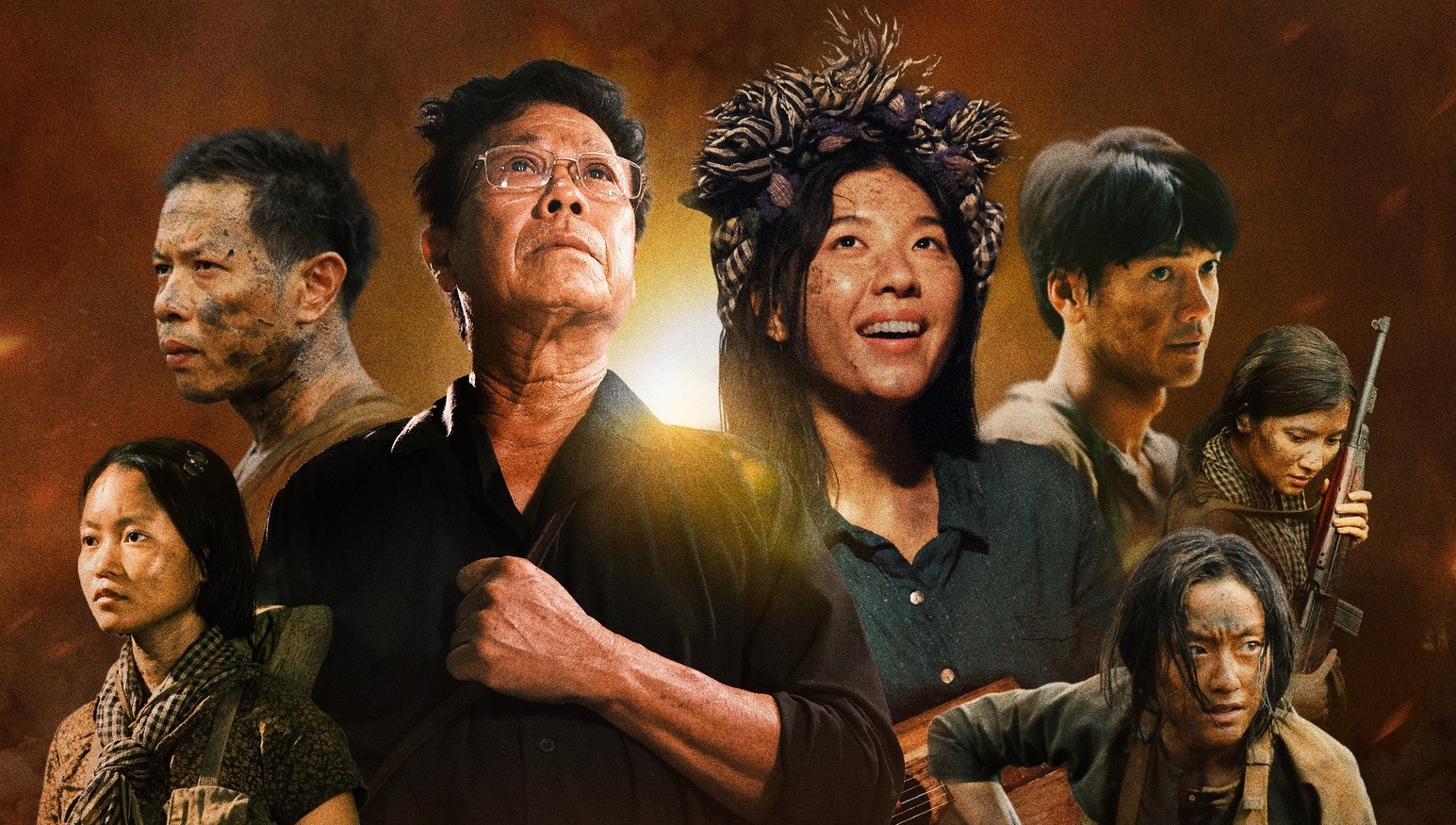Born long after the nation’s most turbulent years, Vietnam’s youth have embraced war stories anew - this time not as participants, but as storytellers discovering profound meaning in conflict. These films draw younger audiences eager to connect with the emotional stakes of wartime history.
Unforgettable legacies

At the upcoming Da Nang Asian Film Festival (June 29–July 5, 2025), a retrospective of 22 classic Vietnamese war films will explore how cinema portrayed sacrifice and patriotism during and after the anti-American resistance - titles like 17th Parallel Day and Night (1972), Hanoi Baby (1974), The Abandoned Field (1979), Mother Away from Home (1980), First Love (1980), Turning Over the Cards (1982–87 series), and Saigon Undercover Unit (1985).
Post-2000, Vietnamese war films shifted from epic portrayals of heroism to intimate psychological narratives. Directors from the post-war generation, many born at the close of the conflict, began exploring human depth rather than battlefield spectacle.
In 2005, young talents Bui Thac Chuyen and Bui Tuan Dung made waves:
Bui Tuan Dung’s Post Route, scripted by Doan Tuan, followed a young courier in guerrilla-era forests - a fresh take rooted in action and human nuance.
Bui Thac Chuyen’s Living in Fear, co-written with Nguyen Thi Minh Ngoc, told the despairing story of a former Republic soldier clearing UXO - an emotionally resonant, character-driven drama.
Both films won acclaim at the Shanghai International Film Festival and Asia-Pacific Film Festival.
Next came The Return (2015) by Dang Thai Huyen - based on Suong Nguyet Minh’s story - examining a front-line nurse’s inner anguish. In 2019, Dinh Tuan Vu directed Legend of Quan Tien, profiling women volunteers on the Ho Chi Minh Trail. Both earned top domestic awards.
After initial success, these directors took time to return to war themes. Bui Tuan Dung’s Legend Makers revisits Colonel Dinh Duc Thien’s part in the iconic Truong Son oil pipeline. Bui Thac Chuyen waited 20 years to make Tunnel: Sun in the Dark, which became a box office phenomenon marking the 50th reunification anniversary. Dang Thai Huyen is now finishing Red Rain, depicting the epic 81-day Battle of Quang Tri’s shelling.
Connecting with the young generation
The secret to these films’ success lies in youth - both in creative spirit and audience reception. Peach Blossom, Pho and Piano, state-funded, debuted small yet resonated with young viewers thanks to a viral TikTok review. Though modest in production, it generated 23 billion VND in box office revenue.
The true breakout was Tunnel: Sun in the Dark, produced entirely by passionate young entrepreneurs, which earned a record-breaking 172 billion VND and became the most successful revolutionary war film in history. Its success was driven by relatable storytelling, modern visuals, and a theme song by the popular Hua Kim Tuyen, performed by Hang Lamoon. Viewers praised the film’s authenticity and emotional impact - TikTok user @rubylam6965 wrote:
“As I walked out and looked up at the peaceful sky 50 years after reunification, I realized: this is the real ending. We are living and continuing the beautiful life our ancestors left unfinished.”
Anticipation is high for Red Rain, releasing on September 2, chronicling the fierce summer in Quang Tri. Directed by young Dang Thai Huyen with a bold, youthful crew, the film was shot over 81 days - the same number it portrays.
Moving forward, director Hoang Nam has announced My Lai Child, aiming to uncover the lost childhoods and homes destroyed by wartime atrocities.
Thanks to the trail blazed by Tunnel: Sun in the Dark, new studios like Challenge Me are boldly entering this challenging genre. The rise of “war cinema by young people, for young people” seems not only possible, but inevitable.
Nhan Dan